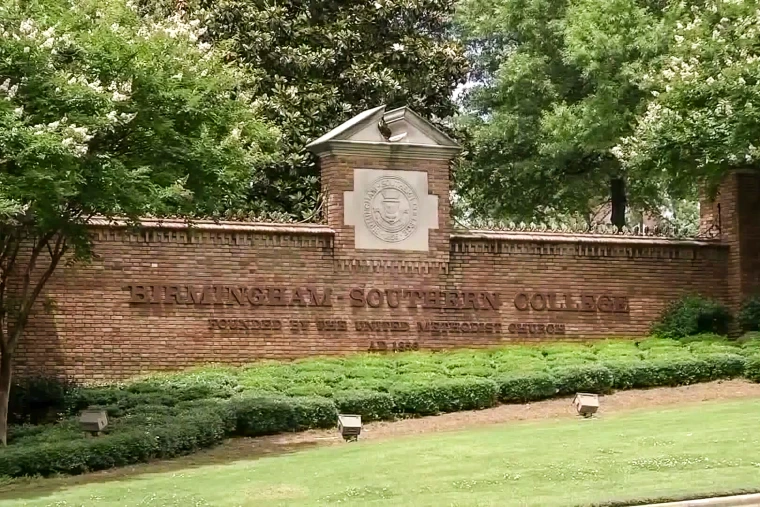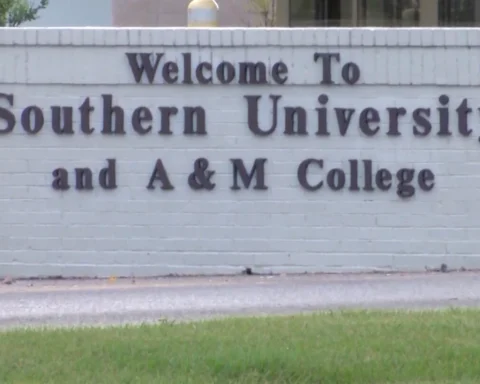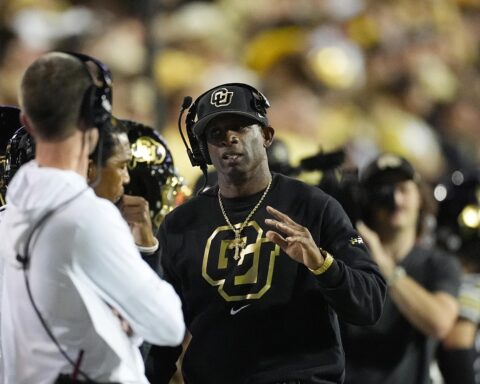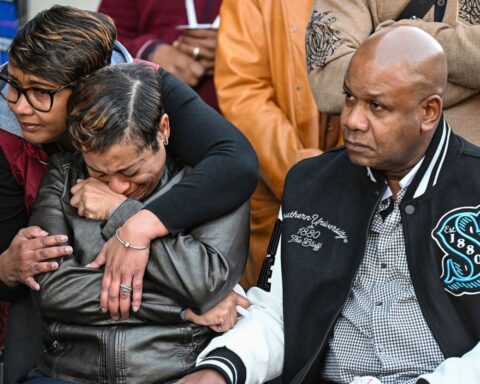By Stephen J. Gaither
HBCU Miles College and Birmingham-Southern College have signed a purchase agreement for BSC’s 192-acre campus.
Both Boards of Trustees have unanimously voted to enter into a purchase agreement, following a letter of intent submitted by Miles shortly after BSC ceased normal operations on May 31, 2024.
The purchase will scale the impact of Miles, an HBCU based in Fairfield that generates nearly $70 million in total economic impact for its local and regional economies and creates hundreds of direct and indirect jobs, according to the 2024 HBCU Economic Impact Report from the United Negro College Fund. The annual report highlights the substantial contributions that HBCUs make to students, local communities and the nation.
“It is clear that institutions like Miles College continue to serve as powerful engines of economic growth and opportunity,” said Miles College President Bobbie Knight. “For generations, Miles College has been a cornerstone of progress in our community. This opportunity is a significant next step in our vision to lift our college, campus, and community.”
“We are very pleased to take this next step with Miles College,” said President Daniel B. Coleman. “Our hope has been to find a buyer whose mission paralleled BSC’s mission of educating young people for lives of service and significance, and whose presence on the Hilltop would also benefit the surrounding communities who have been such good neighbors to BSC for more than 100 years.
“With its roots in the Methodist tradition of service and its commitment to preparing young people for lives of leadership, Miles College fits that description. We will continue to work diligently with President Bobbie Knight and her team to ensure a smooth pathway to closing the sale.”
The acquisition of Birmingham Southern’s campus will allow academic programs, research, and innovation to thrive in a collaborative environment with local and global partnerships. The National Science Foundation recently announced that Miles will lead a $3M collaborative grant with Howard University, Tennessee State University, Morgan State University and Winston Salem University. Miles also launched the 2150 Center for Innovation, Commercialization & Growth this week with two cohorts of local and national entrepreneurs and corporate partners.
Knight and Coleman will work together to position the legacy of Birmingham Southern and the future of Miles College. “The purchase agreement is for the physical property – acreage and buildings – but not the College itself,” Coleman said. “BSC will continue to operate as a corporate entity through the remainder of the wind-down, which includes wrapping up a range of business matters.”
President Bobbie Knight added, “we are carefully and thoughtfully constructing and curating our next chapter to provide tools and resources for our students to have the highest possible opportunity to succeed. While at the same time, we are positioning our professors and stakeholders to drive research and innovation that will lead to transformative products and services. We have secured partners to join us in creating a consortium for Centers of Excellence and we are pursuing partnerships including with the City of Birmingham to frame the best possible outcomes for all involved.”
Once the sale is complete, BSC will work with the Alabama Attorney General’s office to develop a proposed plan for the College endowment and will then seek court approval of that plan as is required by state law. “We expect that process will take many months or even years to complete, and we will communicate with our endowment contacts once we know more,” Coleman said.
Founded through the merger of two Methodist colleges in 1918, Birmingham-Southern College ceased normal operations in May following an 18-month effort to obtain bridge funding from a $30 million state loan program conceived and enacted to save the 168-year-old, nationally ranked liberal arts institution.
Miles College, a private historically black college in Fairfield, Alabama was founded in 1898, by the Christian Methodist Episcopal Church (CME Church). It has a rich history of social and economic change, including its role in the Civil Rights Movement and its graduates who have made history and blazed a trail of national prominence in civil rights and social justice, law, medicine, business, and education.
Neither BSC nor Miles will have further comments on the details of the agreement. The BSC campus will remain closed to all visitors until further notice.





